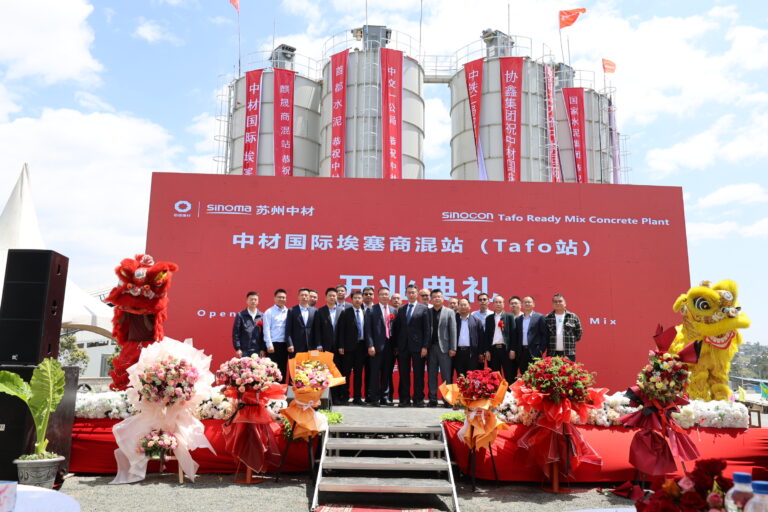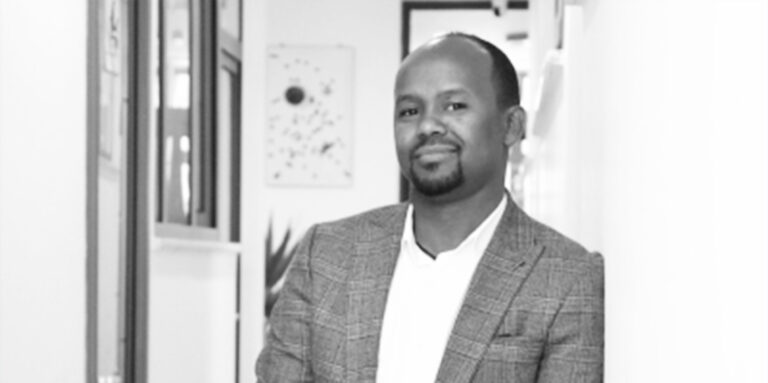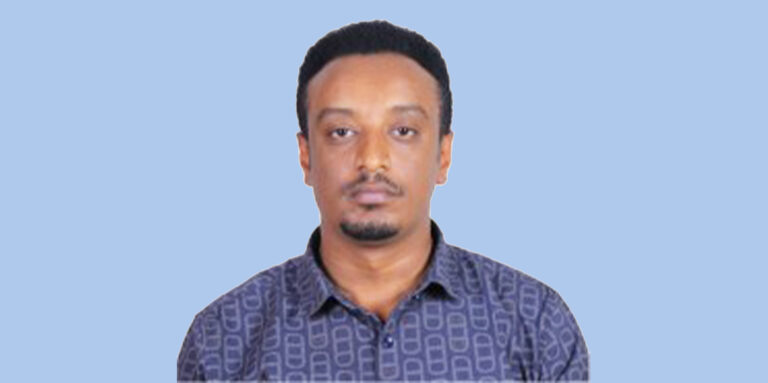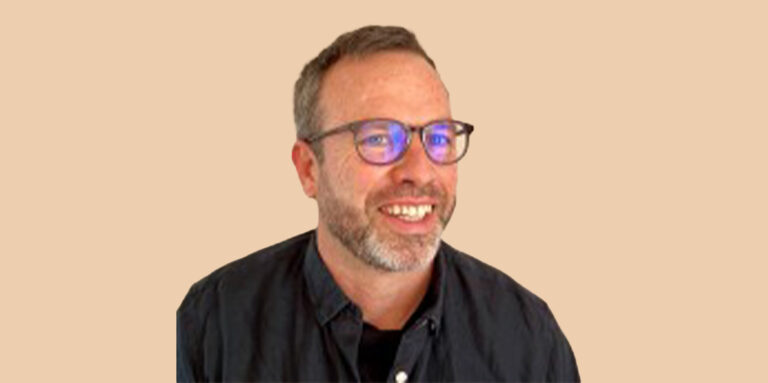By Niall McNulty
The opportunities that artificial intelligence (AI) offer African teachers and students are immense; the AI education market in the Middle East and Africa is projected to hit $1.7 billion by 2030. Yet in Sub-Saharan Africa, where student–teacher ratios can reach 50:1 and many children still lack access to quality learning resources, the need for innovative solutions is urgent. What excites me most about AI in African education is the potential to address persistent inequalities in ways that haven’t been possible before.
For too long, students in under-resourced schools have had fewer opportunities simply because their teachers lacked access to support, materials, or professional development. AI can change this dynamic fundamentally, making world-class support accessible even in the most remote classrooms.
Across Africa, AI has the potential to drive change in schools, but only if it is shaped to fit the realities of African classrooms, rather than forcing classrooms to adapt to the technology. The real promise lies in AI’s power to personalise learning at scale, helping teachers meet the needs of every student in classes that are often large and diverse. When AI is guided by local priorities, cultural context and teacher expertise, it stops being a futuristic add-on and becomes a practical ally.
The challenges
Three obstacles stand out most clearly from our work across the continent.
Connectivity remains a major challenge across much of Sub-Saharan Africa. Teachers want to use AI tools but can’t always access them when they need them most. That means that classroom tools need to have offline capabilities, such as pre-generated material, and tools need to work effectively with intermittent internet connections.
Language barriers present another complexity. While many teachers are comfortable teaching in English, this is not their students mother tongue and they often need to explain concepts in local languages. We’re working on multilingual capabilities through researching the African language capabilities of leading AI chatbots, but this remains an ongoing challenge that requires careful cultural and linguistic adaptation.
Perhaps most importantly, we’re hearing that teachers want more time to explore and experiment with AI tools. The demanding nature of teaching, particularly in resource-constrained environments, means that many educators struggle to find space for learning new technologies. If adoption is to succeed, professional development and time allowances must be built into the process from the start.
Making AI familiar
The beauty of AI integration in education lies not in expensive hardware or complex software, but in leveraging the tools teachers already have access to. Through our work across Sub-Saharan Africa, we’ve discovered that the most practical entry point is often the smartphone in a teacher’s pocket.
Our WhatsApp teacher support AI chatbot project in South Africa demonstrates this perfectly. Teachers are already comfortable with WhatsApp; they understand how to send messages, and they can access support instantly without needing new apps or training on unfamiliar platforms. When a teacher in a rural classroom needs help differentiating a lesson for mixed-ability learners or wants quick feedback on a lesson plan, they can simply message our AI assistant and receive immediate, contextualised support.
This approach works because it builds on existing digital behaviours rather than requiring teachers to learn entirely new systems. We’ve found that teachers who start with familiar interfaces, such as WhatsApp, develop confidence that naturally extends to other AI tools over time.
Empowering educators as architects of learning
At Cambridge, we believe the power of AI in education lies in a human-centred approach that starts “where teachers are,” respecting their agency and empowering them as architects of learning, not just consumers of technology.
It is this human-centred approach that is key to helping students navigate change and use technology effectively. A recent Cambridge report, ‘Preparing learners to thrive in a changing world’, which captures the views of nearly 7,000 teachers and students across 150 countries, shows that while technology is widely embraced to support teaching and learning, over a third of teachers surveyed (34%) selected over-reliance on technology as the greatest challenge that technology might pose in preparing students for the future. In this age of AI, we believe that it is essential for students to develop a solid foundation of subject knowledge to help them interpret information critically and effectively.
This insight is one reason we are especially focused on helping African education systems avoid the challenges other regions have faced with technology adoption. Our approach emphasises teacher training, infrastructure readiness, and gradual implementation, rather than rapid, large-scale deployments that too often fail to deliver their intended outcomes.
We’ve structured our Getting Started with AI in the Classroom guide around practical scenarios that teachers encounter daily and our professional development programme for STEM teachers exemplifies this philosophy too.
Rather than starting with “here’s how to use this AI tool”, we begin with “here’s how AI can solve real problems you face in your classroom”. Teachers learn to evaluate AI outputs critically, asking questions like: Does this explanation match my students’ cultural context? Are there biases in the examples provided? How can I adapt this suggestion to fit my teaching style?
A future built for teachers
Teachers in Africa are incredibly creative and adaptable, and we’re starting to see them use AI in ways that we never anticipated. They’re adapting tools to local languages, incorporating traditional knowledge systems, and developing approaches that reflect their deep understanding of their communities. This innovation from the ground up suggests that AI integration in African classrooms will look quite different from implementations in other parts of the world, and that’s exactly as it should be.
Our vision is AI that helps preserve what’s best about African education while addressing its most persistent challenges. This means supporting the strong relationships between teachers and students, the collaborative learning approaches, and the community connections that characterise many African classrooms, while using AI to reduce administrative burden, enhance personalisation and provide teachers with better support.
To make this vision real, three things are essential: deeper investment in teacher training, stronger collaboration with ministries and local tech innovators, and sustained infrastructure development to bridge connectivity gaps.
Ultimately, I’m excited about a future where every African student has access to excellent education, supported by teachers who feel confident, well-resourced and professionally fulfilled. AI won’t create this future by itself, but it can be a powerful tool in the hands of dedicated educators working toward that goal.
Niall McNulty is AI Product & Innovation Leader, Cambridge University Press & Assessment






